Plenaries & Public Event
Welcome and Plenary: Empowering First Nations Housing and Research
Wednesday 19 February 2025
9:00am – 10:30am
Chair: Elle Davidson
The session addresses what it means to strengthen and empower Indigenous voices in housing and housing outcomes. It will explore challenges in academy and policy in promoting First Nations research and peoples and also how do you work with communities to achieve culturally responsive housing outcomes.
Speakers
- Elle Davidson, The University of Sydney
- Jacqueline Paul, Pūrangakura
- Famey Williams, NSW Government Aboriginal Housing Office
- Casey Da Silva, National Aboriginal and Torres Strait Islander Housing Association (NATSIHA)
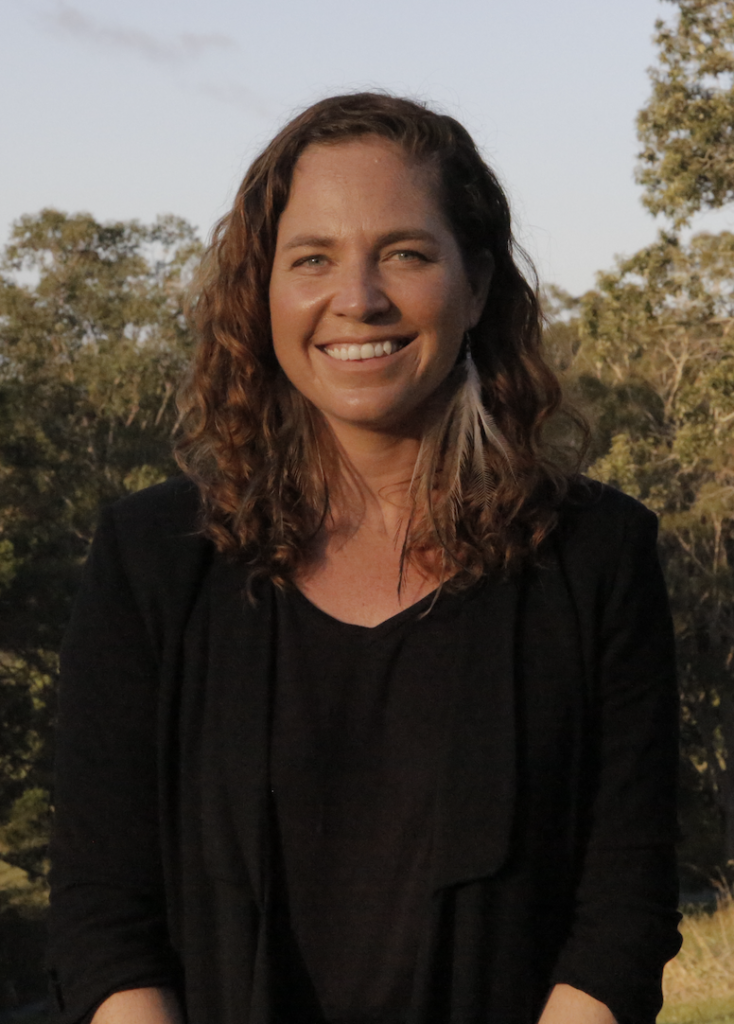
Elle Davidson↗ is a Balanggarra woman from the East Kimberley and descendant of Captain William Bligh, and describes herself as being caught in the cross-winds of Australia’s history. With a passion to empower the voices of First Nations People, Elle combines her Town Planning and Indigenous Engagement qualifications to shape our places and spaces. Through her approach, she creates a strong platform for Aboriginal voices in the planning process and builds allies to advocate for community. She is the Director of Zion Engagement and Planning, an Aboriginal training and consulting business and an Aboriginal Planning Lecturer at University of Sydney.

Jacqueline Paul is a Māori researcher at Pūrangakura, a kaupapa Māori Research Centre, where she leads and engages in research projects focused on improving housing and well-being outcomes for Māori communities. Her work explores the intersection of housing, Indigenous knowledge, treaty relationships, and urban planning.
Currently, she is also pursuing her doctorate at Massachusetts Institute of Technology in the United States, examining how different treaties in Aotearoa New Zealand, Australia, and United States influence Indigenous sovereignty and self-determination in land and housing affairs.
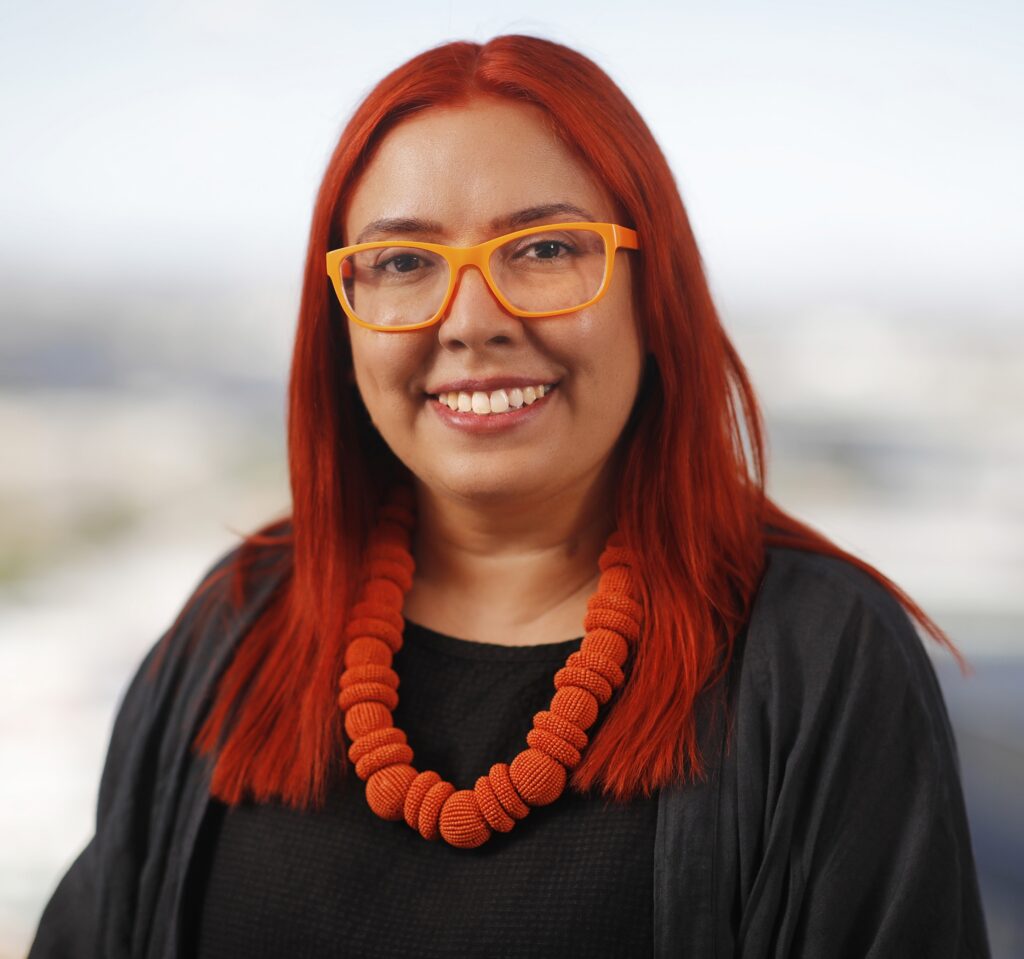
Famey Williams↗ is a proud Githabul woman (Mother’s country); with connections to Gomeroi country (Father’s country), has more than 18 years’ experience working with Aboriginal communities across NSW in senior government and non-for-profit organisations. Her roles at the AHO include Acting Chief Executive and Deputy Secretary, Director of Housing and Client Services among other roles.
Raised on Gumbaynggirr Country of the mid-North Coast of NSW, Famey’s childhood and family have influenced her career and she takes those lessons into all her professional interactions with a broad range of stakeholders.
Plenary & Public Event: Planning reform for affordable housing supply? International evidence and Australian policy debates
Wednesday 19 February 2025
5:30pm – 7:00pm
Chair: Nicole Gurran
Hosted by Henry Halloran Research Trust
Planning reform features heavily in Australia’s housing policy agenda, underpinning the National Housing Accord to deliver 1.2 million homes over the next five years. Australia is not alone: in recent years jurisdictions across the United States and Canada have embarked on or are considering widespread ‘upzoning’ strategies designed to overcome local regulatory constraints on housing development. This event considers the latest policy debates and research on planning reforms and housing outcomes in North America in relation to Australia’s own reform agendas and affordability ambitions.
Speakers
- Karen Chapple, School of Cities, University of Toronto
- Christina Stacy, Urban Institute, Washington DC
- Steven Rowley, Curtin University
- Catherine Gilbert, The University of Sydney
- Tim Sneesby, Waverley Council
- Christina Stacy, Urban Institute, Washington DC
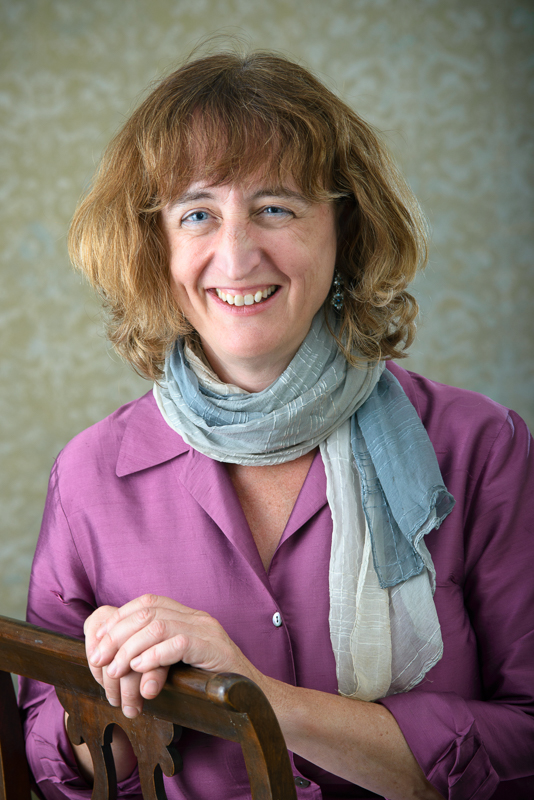
Karen Chapple↗, Ph.D., is Director of the School of Cities and Professor in the Department of Geography & Planning at the University of Toronto. She is Professor Emerita of City & Regional Planning at the University of California, Berkeley, where she served as department chair. Chapple studies inequalities in the planning, development, and governance of regions in the Americas, with a focus on economic development and housing. In 2023 Chapple received the Sir Peter Hall Award for Lifetime Contribution to the Field from the Regional Studies Association. Her books include Transit-Oriented Displacement or Community Dividends? Understanding the Effects of Smarter Growth on Communities and Planning Sustainable Cities and Regions: Towards More Equitable Development (Routledge, 2015), which won the John Friedmann Book Award from the American Collegiate Schools of Planning.

Christina Plerhoples Stacy↗, Ph.D. is a principal research associate in the Housing and Communities Policy Center at the Urban Institute, where she specializes in urban economics, housing, and transportation. Stacy’s research includes a national study on land-use reforms and their impact on housing affordability, a randomized controlled trial of an unconditional and conditional cash transfer program aimed at reducing youth violence exposure, and evaluations of the Economic Development Administration and the New Markets Tax Credit.
Christina’s work examines how rent control and inclusionary zoning affect the affordable housing supply and access to opportunity for People of Color. She is also leading a study evaluating the causal impact of the Low-Income Housing Tax Credit on housing supply and affordability.
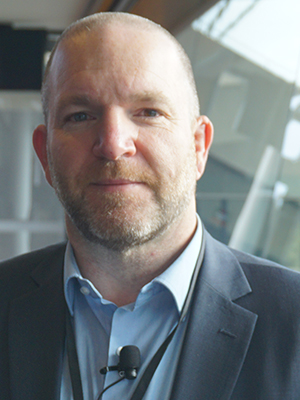
Seven Rowley↗ is a Professor, and Director of Research, in the School of Accounting, Economics and Finance at Curtin University. He has been director of the Australian Housing Urban Research Institute’s (AHURI) Curtin research centre since 2011 and is a member (and past chair) of the WA Housing Industry Forecasting Group (HIFG). Over the last 20 years Steven has secured significant research funding to deliver impactful research for organisations such as AHURI, the Australian Research Council, UK government, European Union and industry. He has published over 100 articles focusing on housing affordability, the supply of market and affordable housing and the impact of policy settings on residential development outcomes. Steven has delivered numerous seminars for government and industry on these and related topics, is a regular media commentator and was awarded the 2024 AHURI/Housing Choices Berry Award for research excellence.
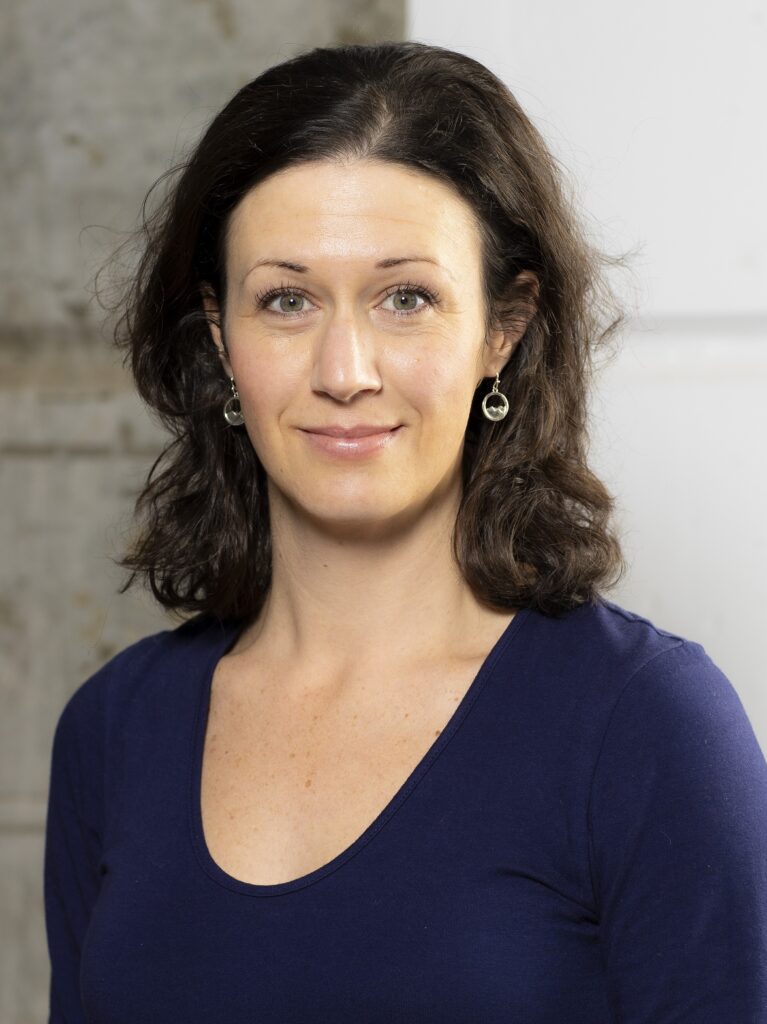
Catherine Gilbert↗ is a Lecturer in Urban and Regional Planning in the School of Architecture, Design and Planning at the University of Sydney. An urban planner by background, Catherine has expertise in land use policy, development control practices, housing systems, and inclusionary housing approaches. Her research investigates the consequences of declining urban housing affordability, and the design and effectiveness of planning based interventions and policy reforms in mediating housing opportunity for low and moderate income households. Catherine has led and collaborated on numerous projects funded by the Australian Housing and Urban Research Institute (AHURI) and regularly engages in policy- and practice-focused research with community and industry partners.
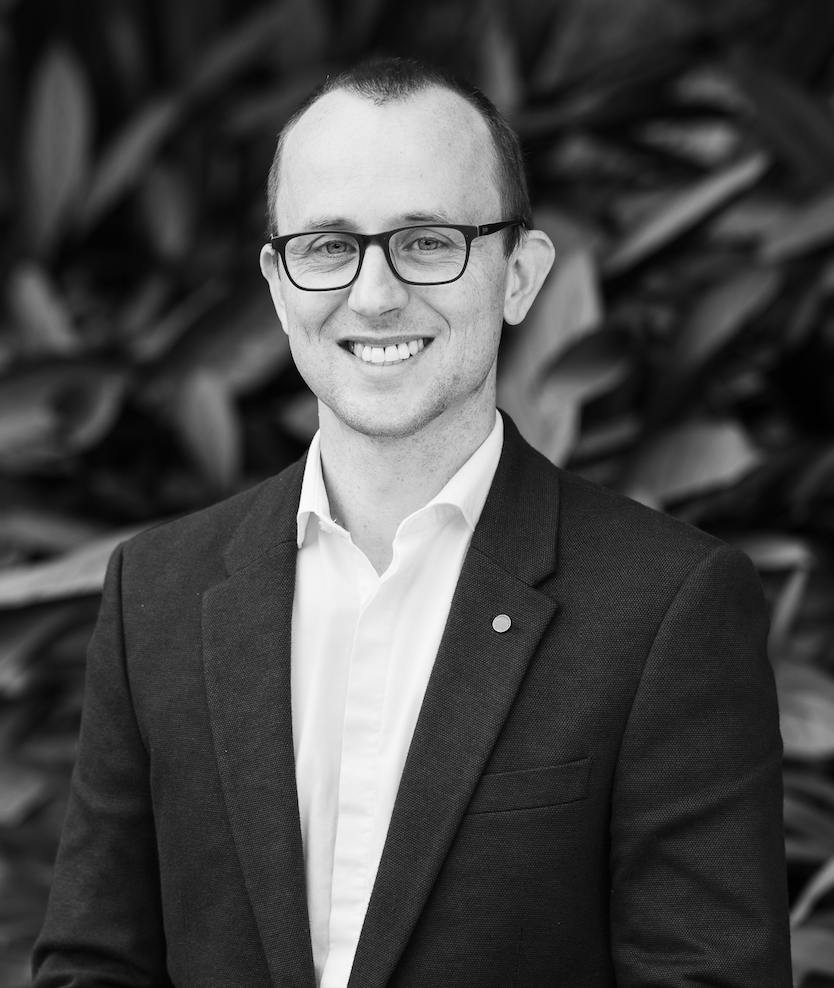
Tim Sneesby is a manager of strategic planning at a Sydney council and an honorary senior lecturer at the University of Sydney. He was recently seconded to the Greater Cities Commission to assist with a vexed metropolitan planning policy of industrial lands. He has worked in an urban economics consultancy in Sydney, as a planner in London and throughout his career has worked with developers. He is a recipient of the Planning Institute of Australia’s National Young Planner of the Year award. His views are his own.
Plenary: Institutional Investment and the Future of Private Rental
Thursday 20 February 2025
9:00am – 10:00am
Chair: Laurence Troy
Large institutions are increasingly playing a role in housing provision globally, through delivery and management of various rental housing typologies – student accommodation, single family homes and build-to-rent / multi-family housing. The reported advantages of large institutional landlords are their ability to source low-cost capital for large scale development of superior quality. Many claimed advantages and disadvantages, however, remain untested. This event considers the latest policy debates and research on institutional investment in UK and Australia and what this means for the future of private rental systems.
Speakers
- Angela Buckley, LIV Mirvac
- Trina Jones, NSW Rental Commissioner
- Nicola Livingstone, University of Glasgow
- Chris Martin, UNSW Sydney
- Rachel Ong ViforJ, Curtin University

Angela Buckley is the Fund Manager for Mirvac’s recently established $1.8bn LIV BTR Venture. She is responsible for the strategy, growth, operations and financial performance of the Venture. Angela also leads the broader Mirvac BTR function, harnessing the talent, capability and deep experience across Mirvac to propel our market leading role in this exciting, emerging sector. Angela been with Mirvac for 10 years, having previously held roles in Capital Transactions and New Business, Retail Strategy, Operations and Analytics.

Trina Jones↗ was appointed as the inaugural Rental Commissioner by the NSW Government in July 2023. With over 15 years of experience tackling issues like housing affordability, homelessness, and community safety in Australia, the UK, and Ireland, she aims to foster a fair, quality, and affordable renting experience in NSW. Trina has held leadership roles such as CEO of Homelessness NSW and Deputy Chair of Homelessness Australia, contributing to her deep insight into the housing sector. Recognised by the Australian Financial Review as a woman in leadership in 2024, she seeks collaboration with various stakeholders to implement innovative solutions for systemic change. Trina holds a BA in Communications and an MA in Community Development.

Nicola Livingstone↗ is Professor in Real Estate in the Division of Urban Studies and Social Policy at the University of Glasgow. Nicola’s work is broadly interdisciplinary, blending perspectives drawn from real estate, planning and governance. Her interest in housing relates to investment trends and global capital flows, development processes, and emergent market sectors such as purpose-built student accommodation (PBSA) and build to rent (BtR).
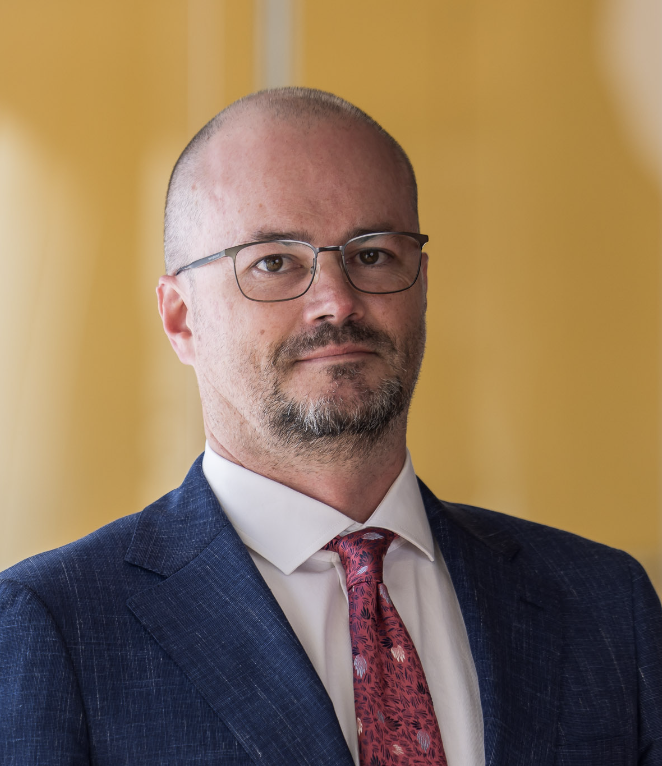
Chris Martin↗ is a Scientia Senior Research Fellow in the City Futures Research Centre, UNSW Sydney. Chris’s research interests are in rental housing and housing affordability, with special interest in tenancy law. Chris has led and participated in numerous inquiries and research projects for the Australian Housing and Urban Research Institute (AHURI), the Australian Research Council (ARC) and other research funders, including AHURI’s ‘Future of Private Rental’ Inquiry, and NSW Landcom’s ‘Build to Rent’ research project. Before joining City Futures, Chris was the Senior Policy Officer of the Tenants’ Union of NSW, and is a past Chair of Shelter NSW.
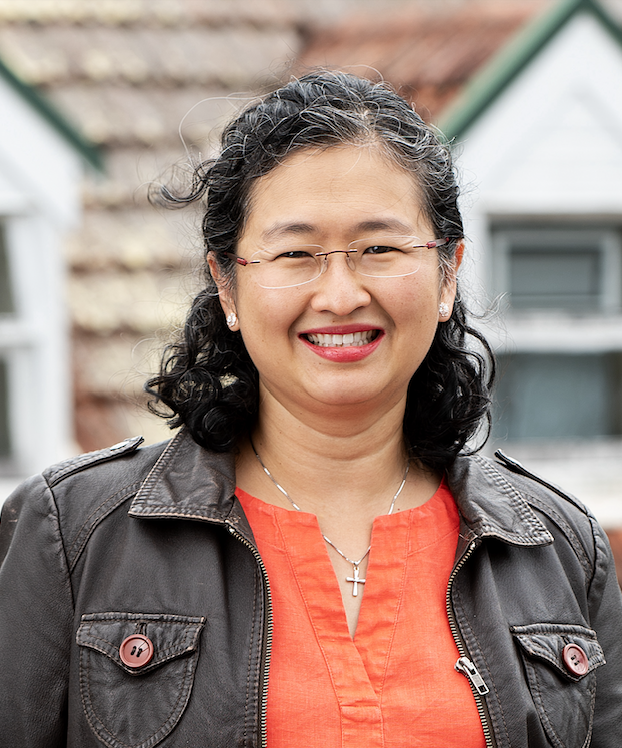
Rachel Ong ViforJ↗ is an ARC Future Fellow and John Curtin Distinguished Professor at Curtin University. She is a member of the National Housing Supply and Affordability Council and Vice-Chair of the Asia-Pacific Network for Housing Research. Rachel’s research interests include intergenerational housing concerns, housing affordability dynamics, the links between housing and wellbeing, and the impacts of housing on the economy.
Plenary: Housing Futures – Pathways Through Crisis
Friday 21 February 2025
11:00am – 12:30pm
Chairs: Laura Goh & Alistair Sisson
As the housing crisis rolls on, long-held policy orthodoxies are being questioned and pressure for change is growing. Political parties, industry groups, non-profits and activists debate the causes of the crisis and what is to be done, attempting to channel increasingly widespread discontent into support for their policy and political objectives. Policy is slowly changing, and in politically diverse ways.
This plenary session will discuss the future of housing that is emerging from the crisis and alternatives futures that might be made. Bringing together four speakers with diverse perspectives, it will move beyond common crisis narratives to identify both practical steps and longer-term horizons for change, centring on possibilities for more sustainable, responsive, equitable and just housing systems.
Speakers
- Amber Logan, Otago University
- Zahra Nasreen, The University of Sydney
- Sophie-May Kerr, City Futures Research Centre, UNSW Sydney
- David Kelly, RMIT Melbourne

Amber Logan is an indigenous woman (Ngāti Kahungunu) and mother of five. She grew up on her ancestral lands on the East Coast of New Zealand. She is a public health research fellow with Otago University in Wellington and a registered Health Psychologist. Following a career in psychology and achieving international recognition in indigenous mental health, she undertook additional training in public health, completing her PhD “Housing and health for whānau Māori” in 2022. Amber has guest-lectured at numerous institutions outside her home country, including Washington State University and Harvard University. She has a diverse range of interests including housing and health, urban and community design, sustainability, programme design and implementation, mental health and indigenous rights. In her spare time, she is an artist, and the chair of an international working group for the establishment of the International Association of Indigenous Health Psychology.

Zahra Nasreen is a Postdoctoral Housing Researcher at the University of Sydney School of Architecture, Design and Planning. Her research focuses on addressing critical urban housing challenges, including migrant housing precarity, housing informality, and housing platformisation. She also examines tenants’ health and safety risks in precarious rental housing, positioning housing as a key determinant of health. Through interdisciplinary collaborations and policy engagement, her work has informed housing policy dialogues and contributed to research-led strategies for improving housing outcomes in Australia.
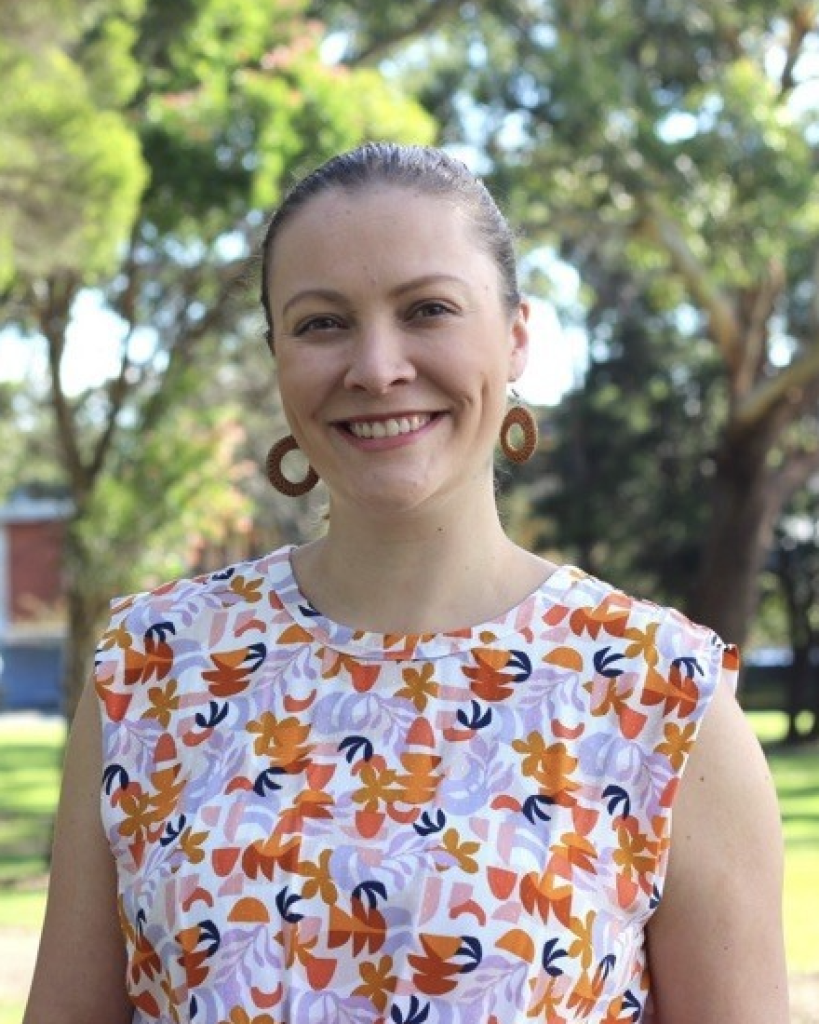
Sophie-May Kerr is a Research Fellow at City Futures Research Centre, University of New South Wales. Her research advocates for high-density dwellings to be designed as long-term homes that cater to diverse needs. Sophie-May’s doctorate examined the experiences of families with children living in apartments across Sydney. She is passionate about translating residents lived experiences into actionable policy and planning insights.
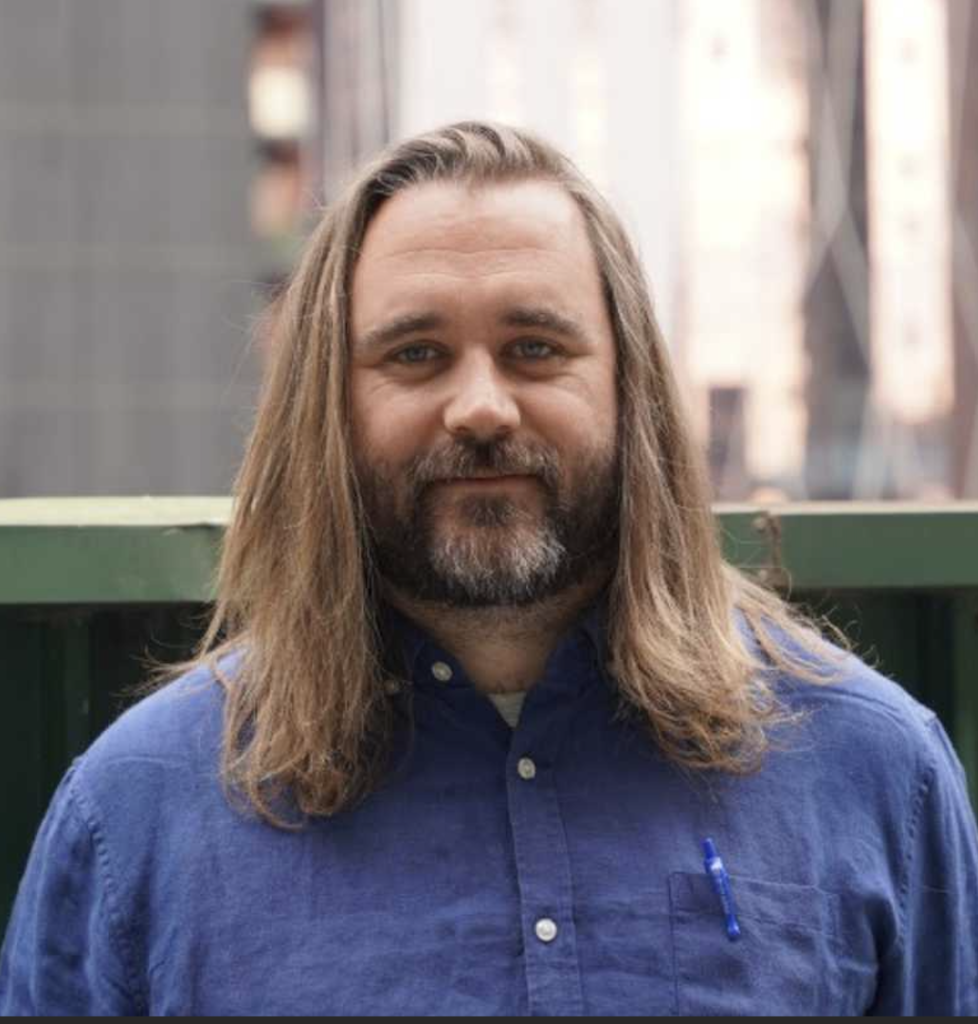
David Kelly is a geographer based at RMIT University, where he investigates the enduring geographies of ‘housing crisis’ and the re/production of inadequate dwelling contexts. His work includes sites such as public housing estates, crisis accommodation settings, remote Aboriginal communities, disability housing and private rental. David’s research critically examines the spatial and social reconfigurations of the housing precariat, drawing on historical and contemporary case studies to reveal the foundational colonial logics of housing crisis: ongoing displacement, containment, violence, and vacancy. David collaborates with tenant unions, community organisations, advocacy groups, and academic networks in attending to the forces at play within our current dwelling moment, to create tools for withstanding the violences of dwelling for populations resistant to the disciplinary functions of capital and the state. He is especially concerned with the role of non-profit housing providers in shaping the future of urban poverty management and rent extraction.
